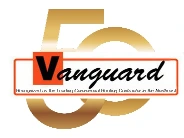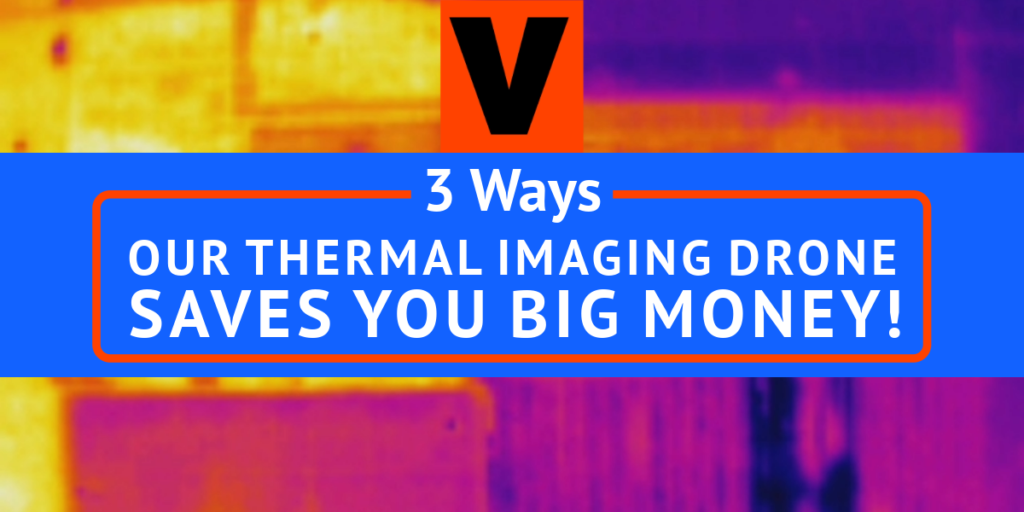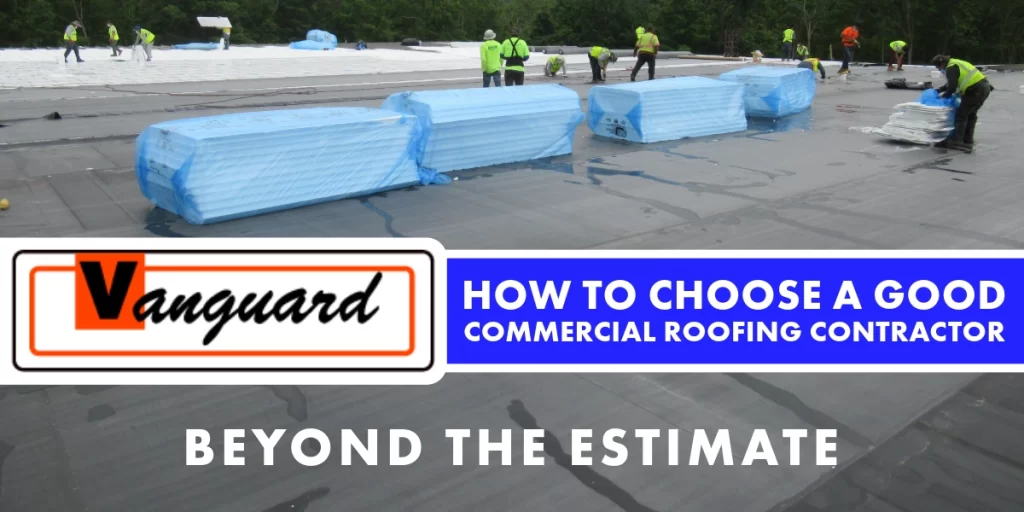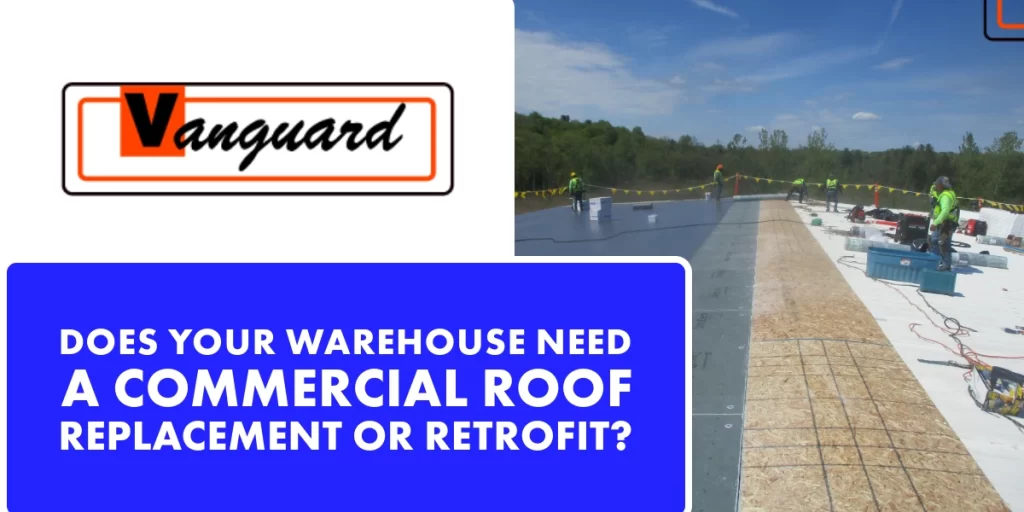As a commercial building owner or manager, the premature failure of a key structural asset like the roof can have a big impact on your bottom line. Managing your roofing asset with timely inspections is the best way to avoid unexpected roof-related expenditures. Unfortunately, you can’t count on visual evaluations alone to pinpoint areas where subsurface moisture is causing slow and steady roof deterioration.
Infrared Thermal Imaging Reveals Hidden Roof Problems
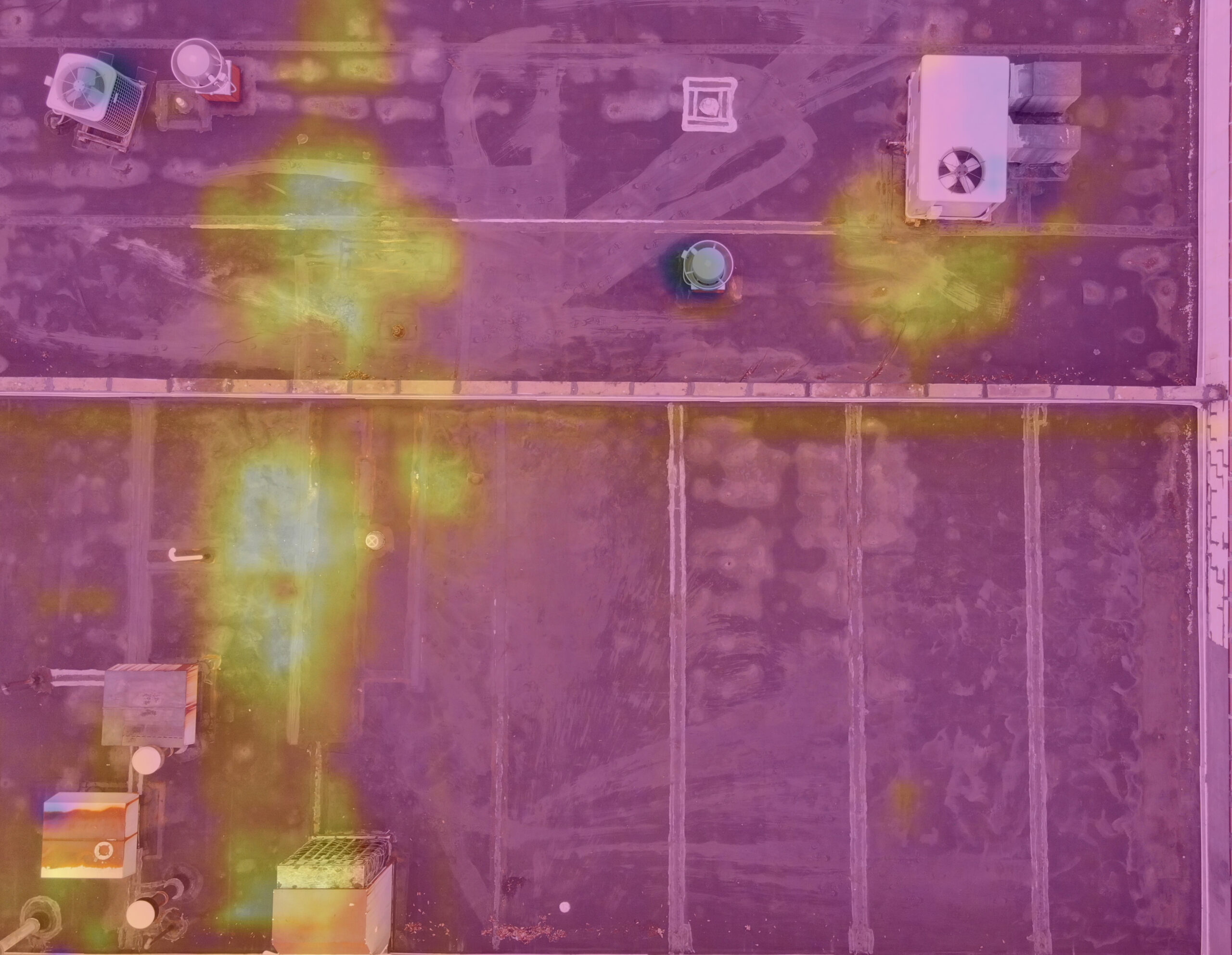
Having an infrared scan performed by an experienced commercial roofing inspector is the most reliable, non-invasive way to find out what’s going on underneath your roof membrane. Infrared roof scans are effective, thanks to a physical property called thermal capacitance, or the material’s ability to store heat.
A watertight, intact roof absorbs solar heat during the day but releases it quickly when the sun sets. Water retains heat longer, so areas where moisture has infiltrated the roof take longer to cool down. An infrared scan picks up on these warm, wet areas, which makes it easy to identify exactly where repairs are needed.
How Infrared Roof Scans Can Save You Money
Incorporating thermal imaging scans into your routine roof maintenance schedule can save you money in various ways:
- Minimizing the cost of roof repairs. It’s inevitable that your roof will develop leaks over time due to aging, exposure to the elements, expansion and contraction, and general wear and tear. Locating leak sources sooner rather than later lets you minimize the extent and cost of repairs.
- Postponing a full roof replacement. Undetected water seepage into your building’s roof system can ruin the insulation’s R-value, and cause decking and structural decay. If the issue isn’t caught until the damage is widespread, tearing off and replacing the entire roof may be your only option. Identifying and repairing minor leaks before they escalate can allow you to postpone a replacement and maximize the roof’s ROI.
- Avoiding the hefty costs of IECC compliance. Since Massachusetts adopted the updated International Energy Conservation Code (IECC) in 2014, its more stringent insulation requirements have increased the cost of extensive repairs and complete roof replacements. Finding minor moisture intrusions with an infrared scan and fixing them promptly can preserve your existing roof so you can avoid any extra compliance-related costs until a replacement becomes necessary.
To learn more about the money-saving benefits of thermal imaging scans, contact us today at Vanguard Roofing, your commercial roofing experts in Springfield.
